Dr. Yuli Y. Kim is a board-certified cardiologist in the Cardiac Center and the medical director of the Philadelphia Adult Congenital Heart Center at the Children’s Hospital of Philadelphia. Dr. Kim was honored as a Next Gen Innovator by Cardiology Today in 2017 and 2018.
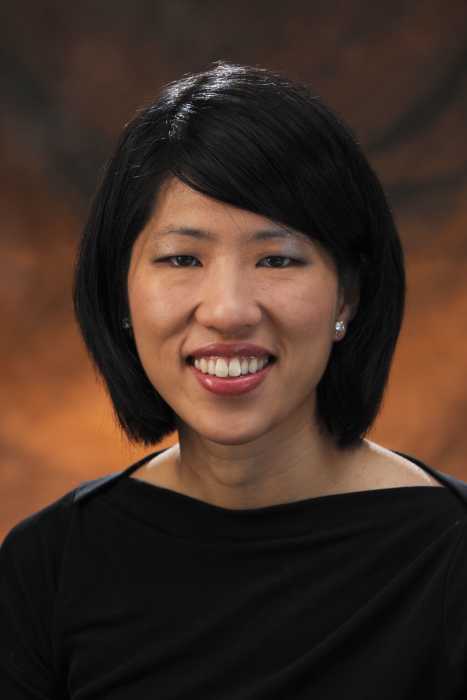
Yuli Kim
Medical Director of the Philadelphia Adult Congenital Heart Center, Children’s Hospital of Philadelphia


Don Klingen
Senior Vice President and Chief Medical Information Officer, Main Line Health

Dr. Donald Klingen is the senior vice president and chief medical information officer of Main Line Health. He is responsible for the enterprise application division of the information services department, as well as the clinical informatics department. Dr. Klingen is dual board-certified in family medicine and clinical informatics, and continues to see patients on an ongoing basis. An advocate of applied clinical informatics, he works with physicians, operational leadership, and technology teams to help provide safe, timely, effective, efficient, and equitable patient-centered care.

Natalie Levkovich
CEO, Health Federation of Philadelphia

Natalie Levkovich has held the position of CEO of the Health Federation of Philadelphia since 1987, and served as director of program development for three years prior to that. During this tenure, she has led a number of notable, community-oriented, collaborative public health initiatives, and has overseen the organization’s growth from a budget of approximately $200,000 to more than $40 million. Natalie is assisted by a highly qualified senior management team.
What can Pennsylvania policymakers do to ensure equitable access to quality healthcare?
Direct examples of state policies and investments that enable access to care lie in the expansion of Medicaid eligibility and state funding for community health centers and public health infrastructure. Incentives that promote diversity in health professions and track data that reflect measures of health equity are less direct, but vitally important. Integrating expanded payment options for behavioral health into medical care and investment in digital tools, telehealth, and digital literacy would remove multiple barriers to care.
When and why did you decide to pursue a career in healthcare?
I shifted from an early interest in clinical care to a passion for developing programs and systems that can improve the availability and equity of care. The intersection of primary healthcare and public health provides the perfect nexus to identify unmet needs, expand access and adopt tailored, evidence-supported, innovative strategies that enhance the quality and efficacy of care. It has been a very rewarding journey.
How do you see the healthcare industry evolving in the next five years?
Both public health and business considerations demand that we increase investment in primary care, including the needs of the workforce, and expand our lens to include the context in which people live their daily lives–their family and community systems and resources as well as their preferences, expectations, social and emotional needs, and education. We must partner with patients and coordinate across disciplines and levels of care to achieve improved outcomes and efficiencies. We must embrace new workflows, digital tools, and alternative pathways to enhance community engagement, trust, and value. The marketplace demands it and the populations we serve demand it too.
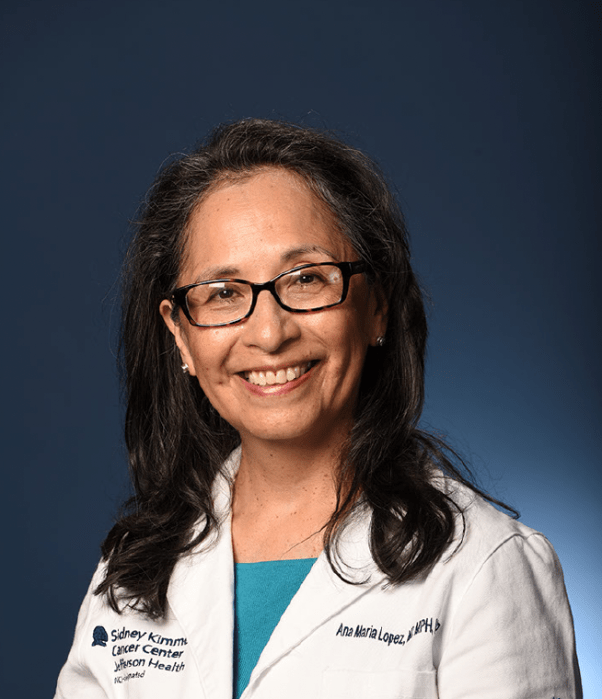
Ana Maria López
Professor and Interim-Chair of Medical Oncology and Professor of Integrative Medicine and Nutritional Sciences at Sidney Kimmel Medical College and Director of Integrative Oncology and Associate Director of Diversity, Equity, and Inclusion at Sidney Kimmel Cancer Center, Thomas Jefferson University

Dr. Ana Maria López is a professor and the interim-chair of medical oncology at Sidney Kimmel Medical College and the director of integrative oncology and associate director of diversity, equity, and inclusion at Thomas Jefferson University’s Sidney Kimmel Cancer Center. Board-certified in medical oncology and integrative medicine, Dr. López’s expertise is in women’s malignancies, integrative oncology, and telehealth. Dr. López is president-emeritus of the American College of Physicians, the largest medical specialty organization in the US, and is fluent in English and Spanish.
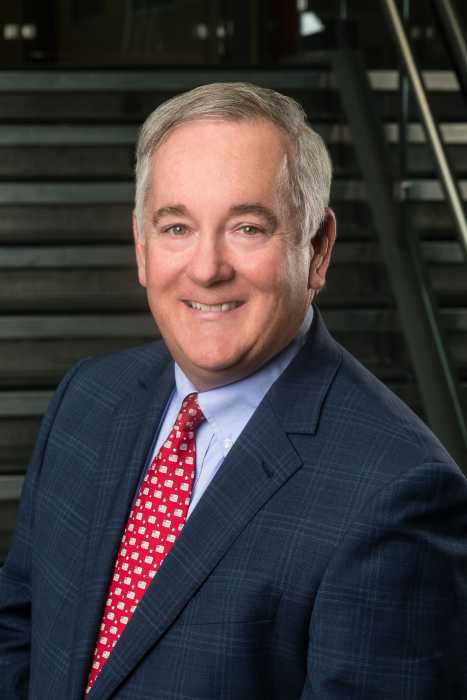
Jack Lynch
President and CEO, Main Line Health

John J. (Jack) Lynch III has served as president and CEO of Main Line Health since 2005, providing executive leadership to suburban Philadelphia’s most comprehensive healthcare system. During his tenure with Main Line Health, Jack and his leadership team have been credited with strengthening the organization’s commitment to safety, quality, and equity, and enhancing the technology necessary to support significant advances in those areas. He has also fostered a period of expansion and has cultivated an employee work environment that has garnered recognition from several independent rating organizations.
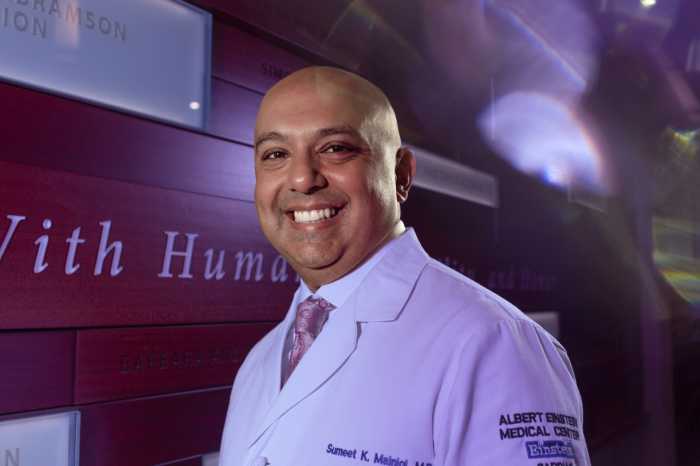
Sumeet Mainigi
Chair of the Department of Cardiology, Einstein Medical Center Philadelphia

Dr. Sumeet K. Mainigi is the chair of the Department of Cardiology at Einstein Medical Center Philadelphia. During his 15-year tenure at Einstein, he has brought new treatments and technologies to underserved communities in Philadelphia by significantly expanding cardiovascular services at the medical center. As chair, he has expanded patient access to care and improved diversity and gender equity among staff. On a national level, he champions health policies to address the needs of vulnerable communities and health systems.
What can Pennsylvania policymakers do to ensure equitable access to quality healthcare?
The healthcare system in Pennsylvania is very fragile. The closure of Hahnemann University Hospital demonstrated how quickly a celebrated, historic health system can disappear, jeopardizing the health of an entire community. After COVID-19, the healthcare system is even more vulnerable. There are inventory and staffing shortages throughout hospitals. Hospitals in underserved communities are hit the hardest because they have the least means to keep up with rising costs and salaries. Our government leaders need to secure the financial stability of these vulnerable hospitals. If they don’t, access to healthcare will be further diminished and Pennsylvanians will suffer.
How do you see the healthcare industry evolving in the next five years?
We are entering a period of the corporatization of healthcare. Hospitals are merging to create enormous health systems. Companies like Amazon and CVS are entering into healthcare in new ways. The analysis of large amounts of patient data could be leveraged for meaningful public health improvement. The same data could be used for cost controls and containment so we must ensure quality and access are not diminished. It’s going to be critical to ensure that the importance of the doctor-patient relationship is not forgotten in this environment. We can’t lose humanity in medicine.
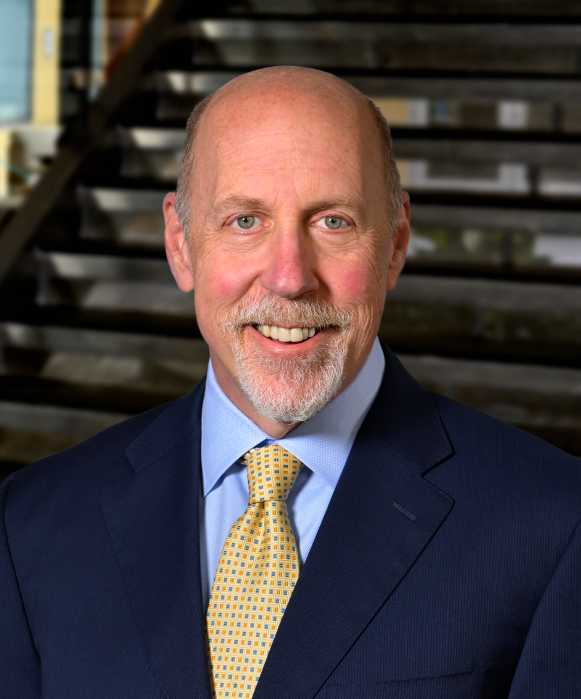
Eric Mankin
President, Main Line HealthCare

Dr. Eric Mankin is the president of Main Line HealthCare and oversees the system’s multi‐specialty employed physician practice. Dr. Mankin has more than 20 years of healthcare leadership experience in clinical and operational management and a strong commitment to quality and patient safety. A graduate of Haverford College and Temple University Lewis Katz School of Medicine, Dr. Mankin completed his family medicine residency at Middlesex Memorial Hospital in Connecticut. His professional activities include serving on the Independence Blue Cross Physician Advisory Board, Health Partners Medical Advisory Committee, and a variety of other committees.

Jessica Mayer
Director of the Family Medicine Residency Program, Vice Chair of the Family Medicine Department, and Family Medicine Doctor, Suburban Community Hospital

Dr. Jessica Mayer sees patients of all ages and is dedicated to providing compassionate care for the whole person. Board-certified in family medicine, Dr. Mayer is the director of the Suburban Family Medicine Residency Program and the vice-chair of the Family Medicine Department. Dr. Mayer is a graduate of the Philadelphia College of Osteopathic Medicine in 2008, completed an internship at Crozer-Chester Medical Center in 2009, and completed a residency at Mercy Suburban Hospital in 2011.
What can Pennsylvania policymakers do to ensure equitable access to quality healthcare?
Pennsylvania policymakers could use their position and influence to improve the process of obtaining health insurance. The current system is complex and often very challenging to navigate, especially for the individuals that need it the most. Additionally, improving the quality of state Medicaid programs so more specialists can successfully work with these insurance programs would greatly improve access for our most vulnerable populations.
When and why did you decide to pursue a career in healthcare?
When I was eight years old, I observed a surgery for the first time. Seeing the interconnectedness of the muscles, bones, and tendons fascinated me and I wanted to learn more. As I grew older, the more I learned about medicine, the more I enjoyed it, and the eight-year-old’s dream became a rewarding career.
How do you see the healthcare industry evolving in the next five years?
I hope to see the healthcare industry moving to a more patient-centered model that reduces barriers between patients and their providers. There are a lot of hurdles in the current healthcare system and I would love to see everyone be able to easily access the high-quality healthcare they deserve.
A. Scott McNeal
President and CEO, Delaware Valley Community Health, Inc.
Dr. A. Scott McNeal is a board-certified family medicine specialist and has been the president and CEO of Delaware Valley Community Health, Inc., since 2019. DVCH operates nine federally qualified health centers in the Greater Philadelphia Area, providing quality primary care services to underserved communities. Dr. McNeal is also a medical affairs consultant at North Philadelphia Health Systems, which operates Girard Medical Center. Dr. McNeal currently serves on the City of Philadelphia’s Board of Health and is a graduate of the Philadelphia College of Osteopathic Medicine.
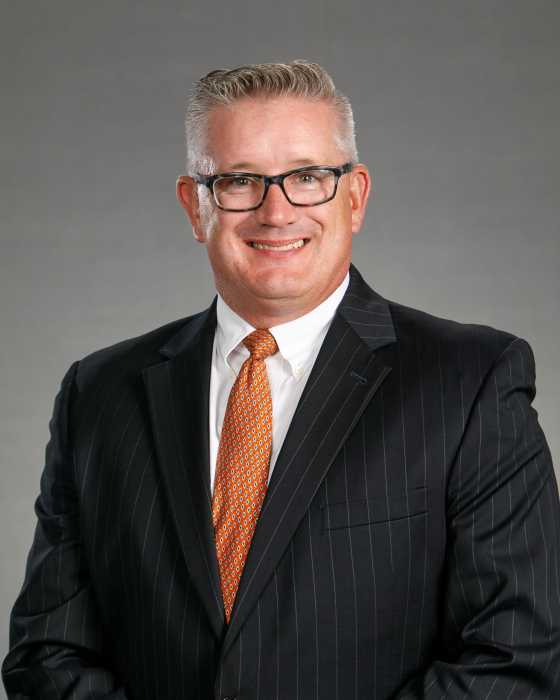
Peter Mecouch
Chief Clinical and Compliance Officer, General Healthcare Resources

Peter Mecouch is a seasoned nursing leader with over 25 years of nursing experience. He practiced clinically in both nephrology and critical care nursing. Peter attended Roxborough Memorial School of Nursing and holds a master’s degree in Business and Nursing. In his role at General Healthcare Resources, he provides clinical and professional leadership to all business lines and aligns select divisions with Joint Commission standards to maintain accreditation.
What can Pennsylvania policymakers do to ensure equitable access to quality healthcare?
Further supporting and implementing the Nursing Compact license within the state would help bring available nurses to Pennsylvania in a much more fluid and timely manner. Discussions at the state level supporting national nursing licensure would also better improve the ability to support both urban and rural needs throughout the state.
When and why did you decide to pursue a career in healthcare?
I entered nursing school right out of high school. I knew early on that I wanted to be in a field where I could apply my interest in science and be someone providing care to others. I had strong influences from my mother, my aunt, and my grandmother, who were all nurses.
How do you see the healthcare industry evolving in the next five years?
I believe that healthcare will become available through more non-traditional access points. I am hopeful that companies, healthcare providers, and leaders will meet the community where they need to be met. I also believe that a strong focus on preventive care will be incorporated into these alternate access points.


